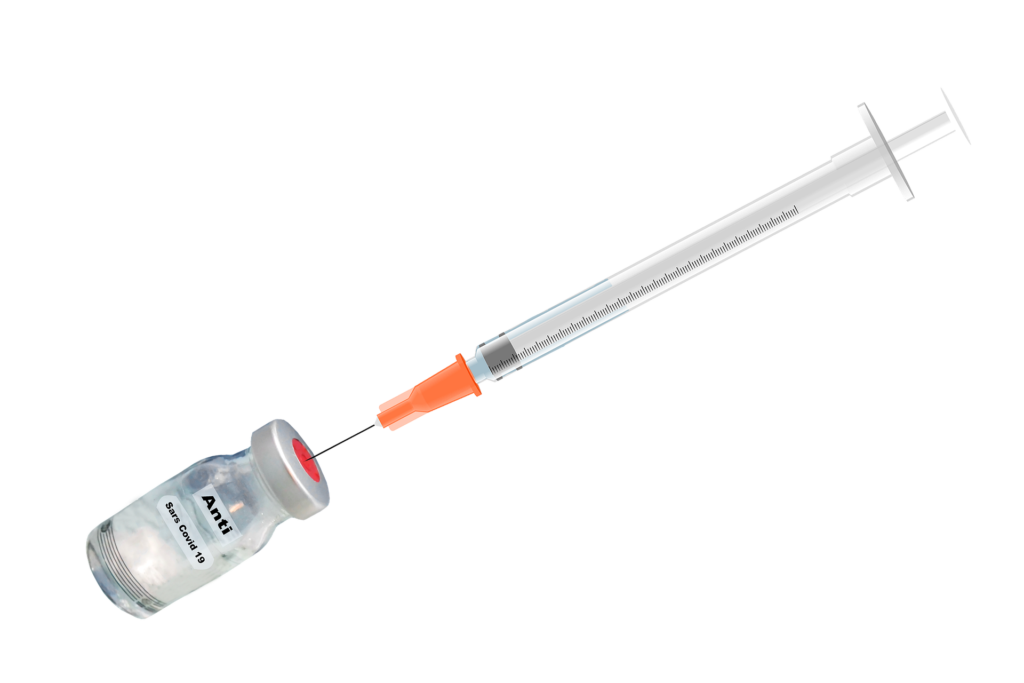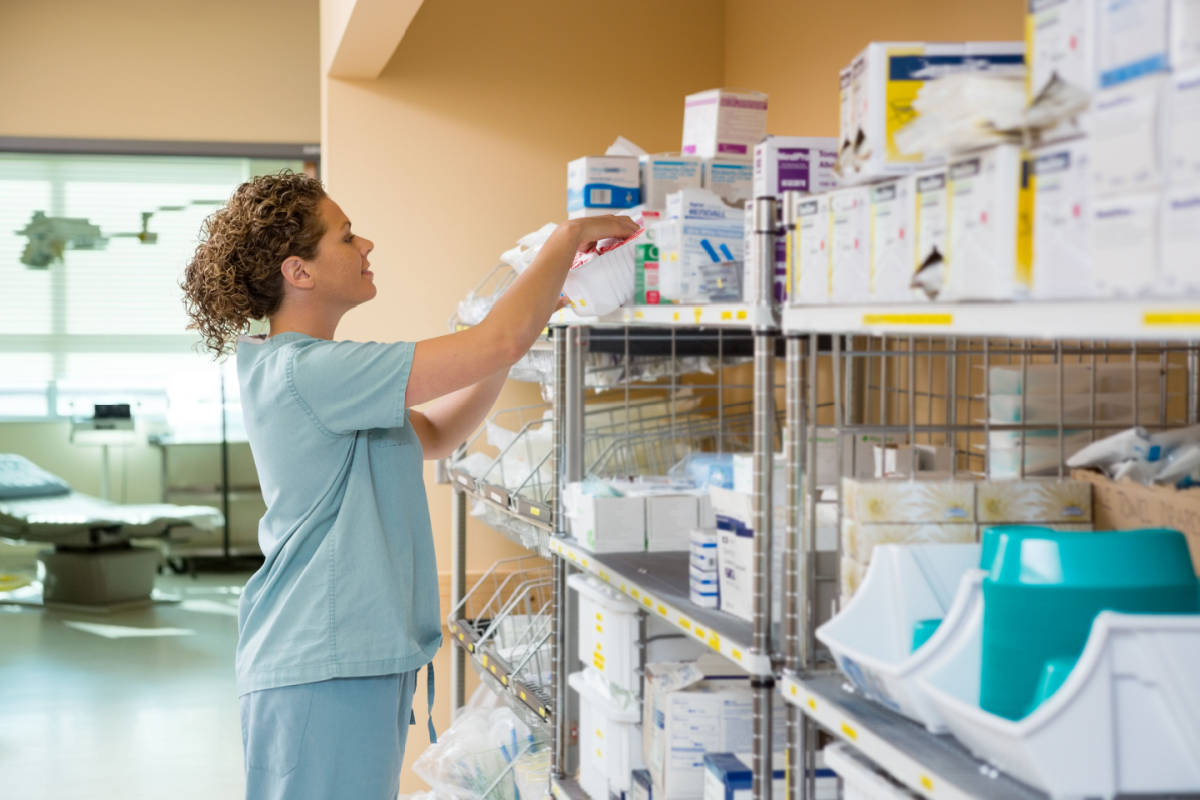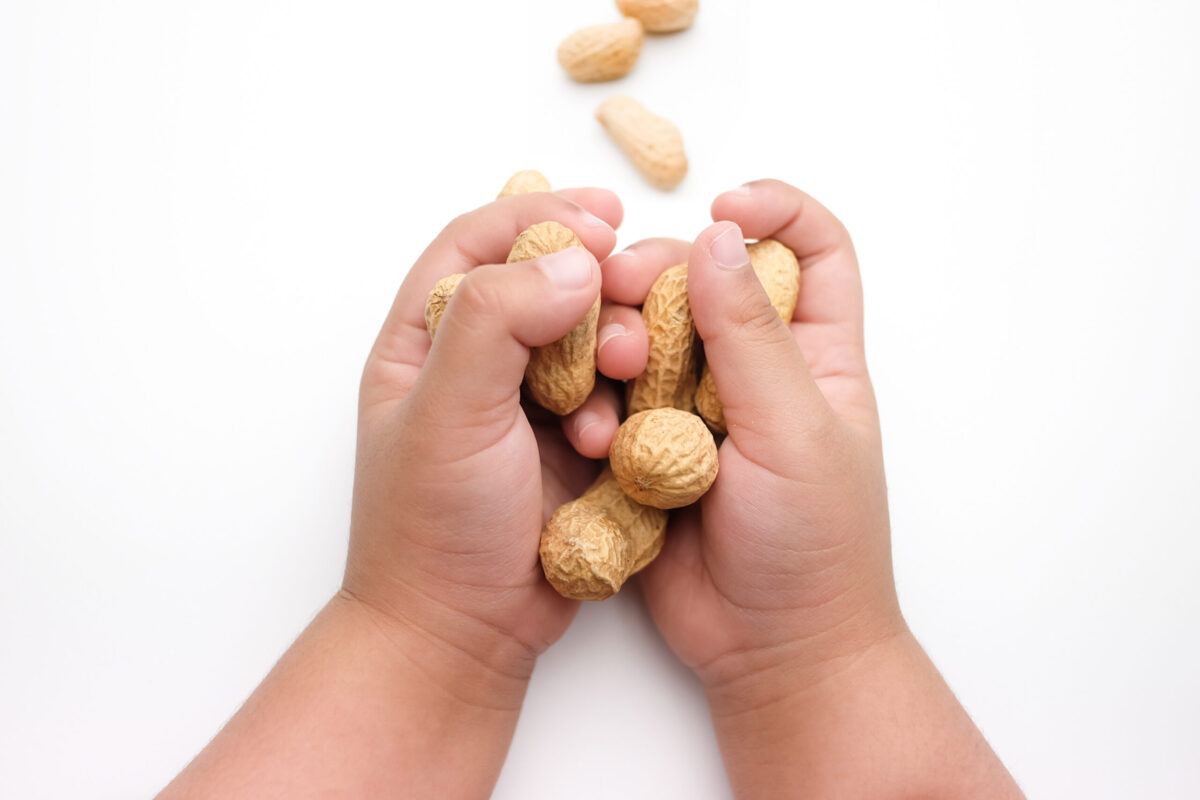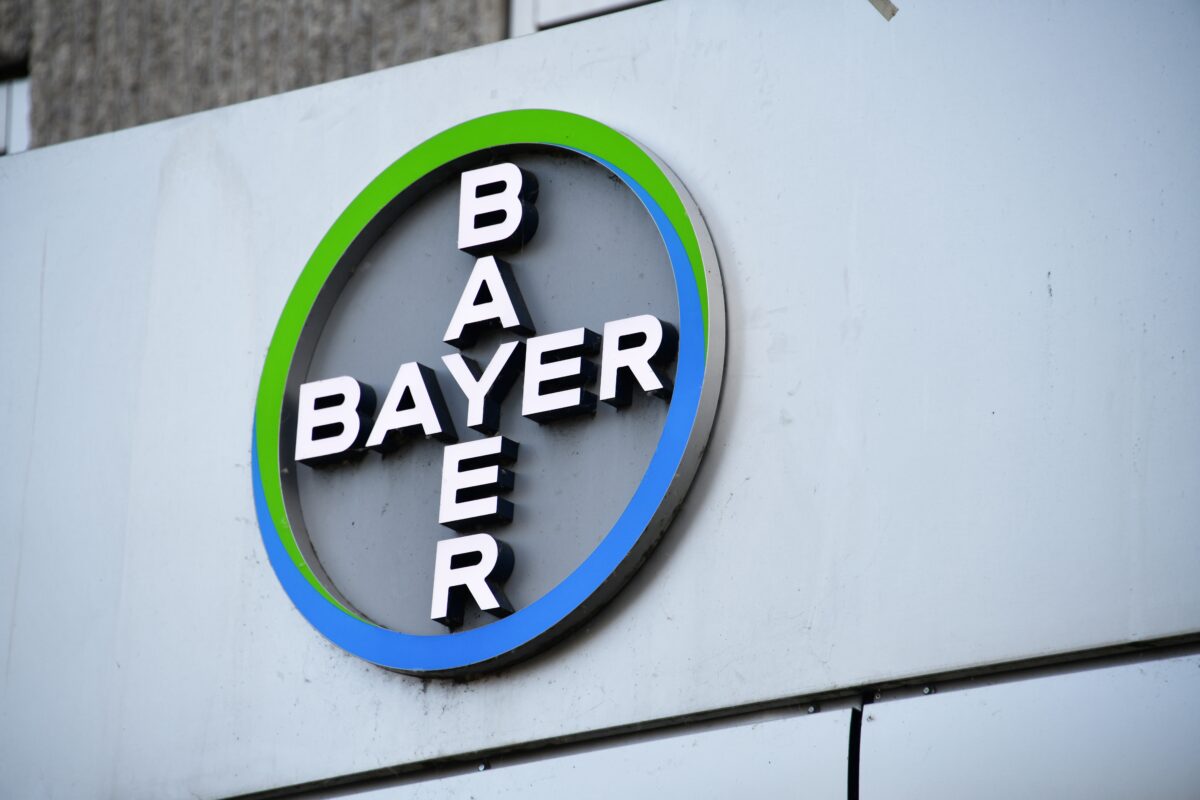Janssen Inc., a pharmaceutical company of Johnson & Johnson, garnered emergency use authorization (EUA) from the US Food and Drug Administration (FDA) for its COVID-19 vaccine candidate (Ad26.COV2.S) over the weekend, shortly after evaluation of study data from trials of the vaccine by the agency.
Janssen had presented its Phase III clinical trial data to the FDA last month, and The Vaccines and Related Biological Products Advisory Committee or VRBPAC at the agency — which is an independent panel of vaccine experts, other medical professionals, as well as industry and consumer representatives — had unanimously recommended late last week that the vaccine receive authorization.
The vaccine has been found to be safe and, overall, has an efficacy of 66 percent in preventing severe to moderate COVID-19.
The average vaccine efficacy of 66 percent was determined from data accrued from multi-national trials being conducted by Johnson & Johnson in the US, UK, South Africa and several Latin American countries.
While the vaccine candidate was found to be 66 percent efficacious in the prevention of moderate to severe COVID-19 disease 28 days after immunization (and 67 percent after 14 days), it had an efficacy of 85 percent in preventing severe disease.
There were no deaths associated with either COVID-19 or the vaccine in the trials, putting the shot up there with other authorized vaccines including those from Pfizer/BioNTech and Moderna. All three vaccines prevent death by 100 percent and mitigate hospitalization by almost 100 percent as well.
With the EUA, the vaccine could begin to be rolled out as early as this week.
In its briefing documents, the FDA said that the vaccine was effective at reducing the risk of COVID-19 and preventing PCR test-confirmed COVID-19 at least 14 days after vaccination.
The EUA was based on efficacy data derived from an analysis that involved 39,321 participants in the ongoing randomized, placebo-controlled Phase III study being conducted in countries including the US, Mexico and South Africa who did not have evidence of a SARS-CoV-2 infection prior to receiving the vaccine. Among the participants, 19,630 received the vaccine and 19,691 received saline placebo. Results showed that the vaccine was about 67 percent efficacious in preventing moderate to severe/critical COVID-19 from occurring at least 14 days after vaccination and 66 percent efficacious in preventing moderate to severe/critical COVID-19 at least 28 days after vaccination.
The vaccine had a 77 percent efficacy in preventing severe/critical COVID-19 occurring at least 14 days after vaccination and 85 percent efficacy in the prevention of severe COVID-19 occurring at least 28 days post-vaccination.
In the vaccine group, there were 116 cases of COVID-19 that occurred at least 14 days after vaccination compared with 348 cases in the placebo group during this time period. There were were 66 cases of COVID-19 in the vaccine group that occurred at least 28 days after vaccination and 193 cases of the infection in the placebo group during the same duration. Beginning 14 days post-vaccination, there were 14 severe cases in the vaccinated group versus 60 in the placebo group, and starting 28 days after vaccination, there were five severe cases in the vaccine group and 34 cases in the placebo group.
Johnson & Johnson’s COVID-19 vaccine candidate is a viral vector vaccine that was developed using Janssen’s AdVac technology platform. It is based on the insertion of a portion of the gene coding for the spike protein of SARS-CoV-2 into a replication-inactive adenovirus-associated virus (AAV). The AAV serves as a vector to carry the gene into cells from which the spike protein fragment is made to elicit an immune response.
The AdVac platform was also used to develop and manufacture Janssen’s Ebola vaccine, which is approved by the European Commission, and generate its Zika, RSV and HIV vaccine candidates.
In the global trials that included almost 44,000 participants, the vaccine’s efficacy varied from 72 per cent in the US to 66 per cent in Latin America and 57 per cent in South Africa. The latter has experienced the emergence and spread of the new B.1.351 SARS-CoV-2 variant, which can purportedly evade immune surveillance, making it a potentially problematic strain. Nevertheless, the vaccine was still found to have the same 85 percent efficacy in preventing severe disease in the South African trial as trials in other places.
The company’s COVID-19 vaccine candidate is administered as a single dose and is stored at normal refrigeration temperatures, making it an attractive, convenient vaccine option to add to the growing list of authorized and approved COVID-19 injections.












Join or login to leave a comment
JOIN LOGIN